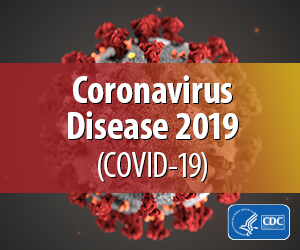As has been widely publicized, the CARE Act includes a provision for one time payments, referred to as “recovery rebates”, of up to $1200 for some taxpayers and certain non-taxpayers. The amounts will vary depending upon marital status, number of children and annual income as determined by either a taxpayer’s 2018 or 2019 Adjusted Gross Income (AGI) as found on the taxpayer’s tax return. Persons who have not filed a tax return for either of those years and who are otherwise eligible may file a return to qualify. Recipients of these payments who are also recipients of, or applicants for, federally funded public assistance benefits such as Medicaid and SNAP ( Supplemental Nutrition Assistance Program) can receive these payments without fear of losing eligibility for their public assistance benefits. These rebate payments do not count as income or resources for a 12-month period in determining eligibility for, or the amount of assistance provided by, any federally funded public benefit program. In addition, these payments are not taxable. This is good news for the those on Medicaid benefits and for their providers.
For further information about the rebates and who qualifies, see the Congressional Research Service Report here.
If you have any questions regarding the content above, please contact a member of your Benesch team.
Martha J. Sweterlitsch at msweterlitsch@beneschlaw.com or 614.223.9367.
Jessica N. Angney at jangney@beneschlaw.com or 216.363.4620.
***
Please note that this information is current as of the date of this client bulletin, based on the available data. However, because COVID-19’s status and updates related to the same are ongoing, we recommend real-time review of guidance distributed by CDC and local officials.

